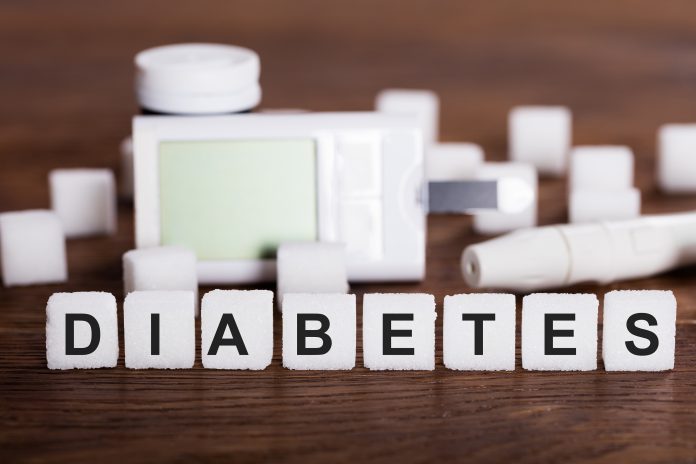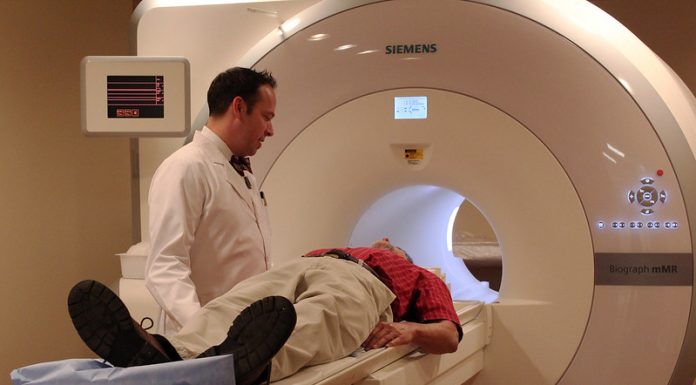Many seniors develop type 2 diabetes and aren’t aware of it. Once known as adult onset diabetes, type 2 diabetes affects the way your body metabolizes glucose or sugar. Either your body doesn’t produce enough insulin to maintain normal glucose levels or it resists the effects of the insulin your body does produce.
Certain things can put us at risk of developing diabetes
- Having a close relative, such as a parent, brother or sister who has diabetes.
- Giving birth to a baby that weighs more than 9 pounds.
- Being overweight. Fatty tissue can cause your cells to become resistant to insulin.
- Having high blood pressure or high cholesterol.
- A diagnosis of a psychiatric disorder such as depression, schizophrenia or bipolar disorder.
- A diagnosis of obstructive sleep apnea.
See your doctor if you have any of the following symptoms on a daily basis
- Unusual thirst and frequent urination. Excess sugar building up in your blood causes fluid to be pulled from your tissues. This causes you to drink more and then urinate more frequently. You may also find that your appetite increases.
- Lack of energy and extreme tiredness. This is caused by the lack of sugar in your body.
- Vision that is blurry. Once your blood sugar becomes too high, fluid can be pulled from the lenses of your eyes, making it difficult for you to focus.
- Numbness or tingling in your feet or hands.
- Unusual weight fluctuations.
There is no cure for type 2 diabetes but it can be managed through changes in your diet, by exercising and by maintaining a healthy weight. If these changes don’t help to manage your insulin levels, your doctor can prescribe medication. March 27th is American Diabetes Association Alert Day.























